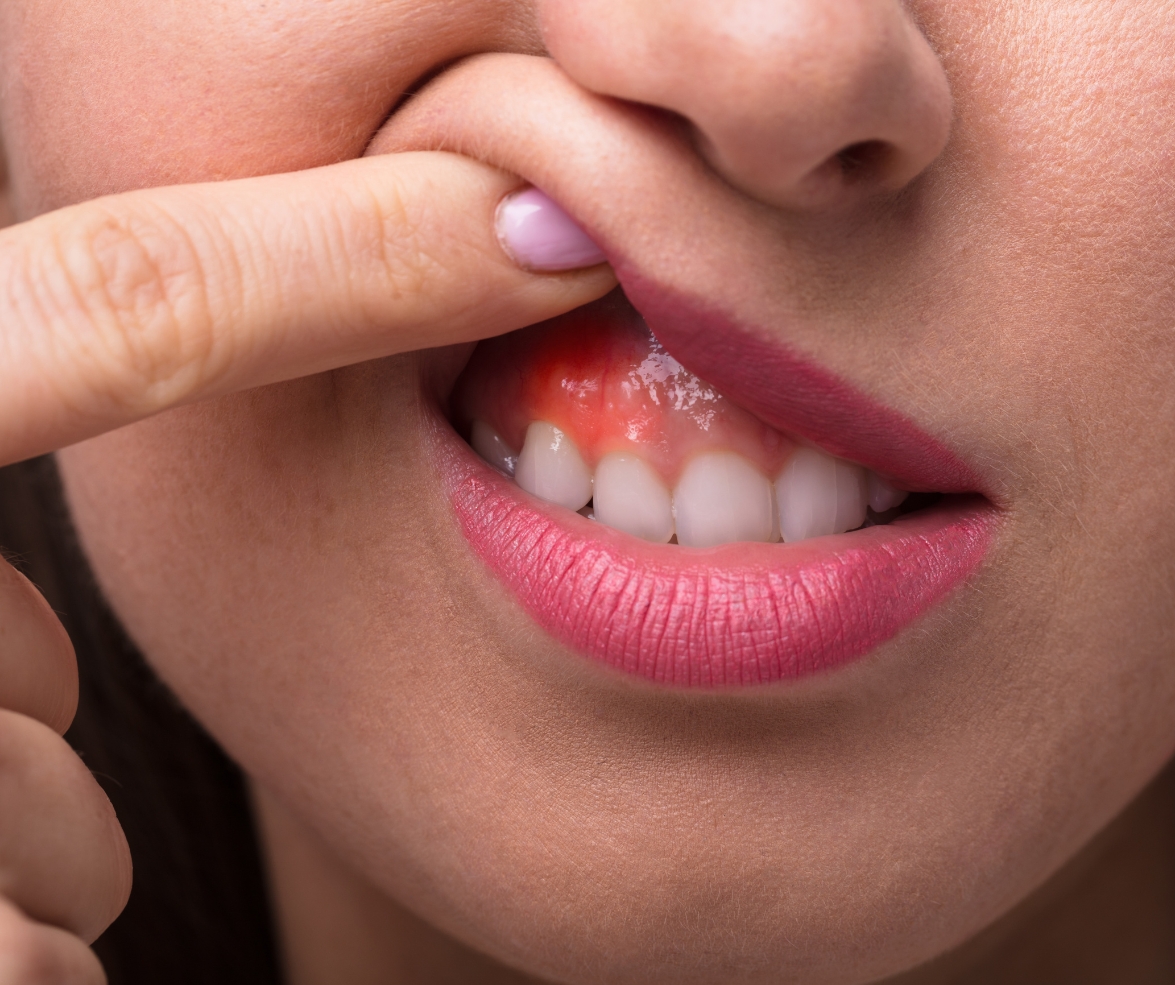Blog Page & News Articles
What is the treatment of Periodontitis?
Author: Dr Behnam Aminnejad. Posted: 27.12.23
The treatment of periodontitis aims to control the infection, manage inflammation, and prevent further damage to the supporting structures of the teeth. The specific treatment plan can vary depending on the severity of the condition. Here are common approaches used in the treatment of periodontitis:
- Non-surgical periodontal treatment: Supragingival PMPR and Subgingival PMPR (Deep Cleaning) when patients are engaged: This is a non-surgical procedure in which a dentist or dental hygienist cleans below the gum line to remove plaque, tartar (calculus), and bacteria from the tooth roots. It is important to reiterate that the patients have to be engaged before any type of subgingval PMPR will be done.
- Antibiotics: In some cases, antibiotics may be prescribed to help control bacterial infection. These can be administered in various forms, including oral antibiotics, topical antibiotics.
- Pocket Reduction Surgery: For more advanced cases of periodontitis, where pockets have formed between the teeth and gums, a surgical procedure may be necessary to reduce pocket depth. This involves lifting the gum tissue to access and clean the roots of the teeth thoroughly. In some cases, regenerative procedures may be performed to stimulate the regrowth of lost bone and tissue.
- Gum Grafts: If periodontitis has led to gum recession, gum grafts may be recommended to cover exposed tooth roots and improve the appearance of the gums.
- Maintenance and Ongoing Care: Following initial treatment, it is crucial for individuals with periodontitis to maintain good oral hygiene practices. This includes regular brushing, flossing, and the use of interdental brushes. Additionally, frequent dental check-ups and cleanings are essential to monitor the condition and prevent recurrence.
- Lifestyle Changes: Lifestyle factors such as smoking can significantly impact the success of periodontal treatment. Quitting smoking is often advised to improve overall oral health and support the healing process.
- Supportive Periodontal Therapy (SPT): SPT, also known as periodontal maintenance, involves regular follow-up appointments (3-4 months) with the dentist or dental hygienist for professional cleanings and monitoring of oral health. The frequency of these appointments may vary based on the individual's needs and the severity of the periodontal disease.
In Summary
It's important to note that periodontitis is a chronic condition (life long), and ongoing management is essential to prevent relapse. Early detection and intervention can lead to better treatment outcomes, so individuals experiencing symptoms such as persistent bad breath, bleeding gums, or changes in the appearance of the gums should seek prompt dental evaluation. A collaborative approach between the patient and dental care team is crucial for successful periodontal treatment and long-term oral health.
If you would like more advice or would like to make appointment, please telephone the practice during open times: 01248 370054
Read more of Dr Behnam Aminnejad's dental care articles and tips: Back to Blog

Why Choose Us?
- Master's degree in Endodontic (Root canal treatment)
- Almost 30 years experience
- All dental treatments are individually tailored to your specific needs
